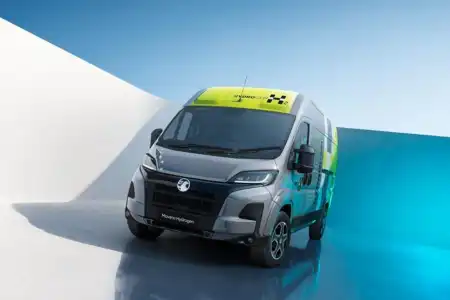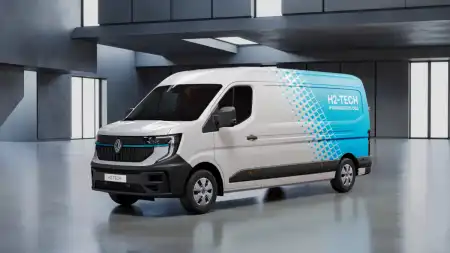Welcome to Regit's

From small city vans to heavy-duty workhorses, explore a range of vehicles tailored to your business needs. Discover the best leasing deals, guides, and tools to help you make the right choice.
Welcome to Regit’s Van Hub
Your go-to destination for everything you need to know about vans. From comparing new and used models to exploring expert reviews and recommendations, we provide the insights to help you make informed decisions. Whether you’re looking to save money or considering a switch to electric, we’ve got all the information you need in one place.
Our Tools
Free Van Valuation
Value for your van in seconds. Know what your van’s worth.
Used Van Search
Find the ideal used van that matches your budget and needs.
Key Considerations When Buying a Van
Choosing the right van for your needs can be a big decision. Whether it’s for work or personal use, there are several important factors to consider. Here’s a quick guide to help you make the best choice for your lifestyle, budget, and requirements.
Payload and Capacity
Think about the size and weight of the loads you’ll carry. Different vans offer varying payload capacities, so it’s essential to pick one that suits your business or personal needs without exceeding limits.
Fuel Efficiency
Vans come in petrol, diesel, and electric options. Consider the fuel economy and running costs over time to ensure your van fits your budget and mileage requirements.
Maintenance/Reliability
A reliable van is crucial for minimising downtime and repair costs. Research service intervals and common issues for models you’re considering to ensure smooth operations.
Size/Configuration
From compact panel vans to larger models with extra seating, choose the van size and layout that fits your usage. Cargo space, number of seats, and accessibility are all key factors to evaluate.
Get an Instant Valuation for Your Van
Discover your van’s true market value in just a few clicks. Whether you’re selling, upgrading, or simply curious, our free van valuation tool gives you an accurate estimate in seconds. Stay informed and get the best deal for your van.
Why Value Your Van?
Understand its current market worth and negotiate with confidence.
Perfect for Planning
Whether you’re selling or upgrading, knowing your van’s worth helps you make informed decisions.
What Factors Affect Your Valuation?
Age, mileage, condition, and market demand all play a role.
What Can You Do Next?
Use your valuation to sell, trade-in, or plan for an upgrade.
Stay Updated with the Latest in Vans
Explore the latest trends, news, and expert insights from the world of vans. From innovative new models to industry updates, government incentives, and tips for maximising your van’s potential, our news section keeps you informed and ahead of the curve.
Van Knowledge Hub
Whether you’re a seasoned van owner or exploring your first purchase, our Van Knowledge Hub is your go-to resource. Packed with expert advice, guides, and insights, it has everything you need to make informed decisions and get the most out of your van.
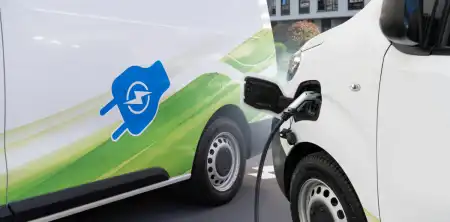
Government extends petrol and diesel van sales until 2035, easing pressure on dealers
Government extends petrol and diesel van sales until 2035, easing pressure on dealers
Government Grants for Electric Vans: What you Need to Know
In 2021, the maximum discount for large vans was reduced from £6,000 to £5,000, and for smaller vans, it dropped from £3,000 to £2,500
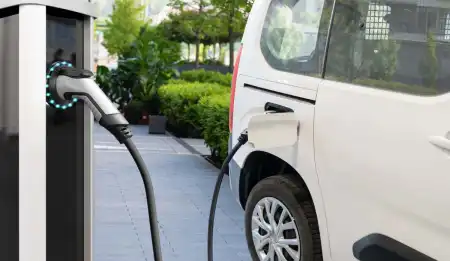
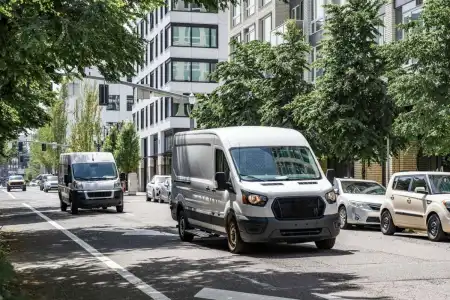
What Does it Cost to Run a Van?
Understanding the total costs involved can help you justify the expense to your business.
How Van Tax Works
To determine the tax you'll need to pay. it's essential to first classify your vehicle. According to HMRC
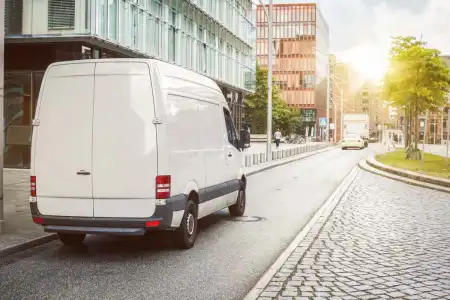
Driving the Road Ahead: Key Van Facts & Figures
4.5m
4.5 million vans are currently in use across the UK, supporting businesses and individuals in daily operations.
75%
75% of all vans in the UK are used for commercial purposes, playing a vital role in driving the economy forward.
35k
Over 35,000 public charging points are now accessible for electric vans, providing growing support for greener logistics.
2.5t
Over 35,000 public charging points are now accessible for electric vans, providing growing support for greener logistics.
Frequently asked questions
The world of electric motoring can be intimidating, but we’re here to walk you through it. Don’t worry, it’s not as complicated as you may have been lead to believe, in fact, it’s rather simple. Here are the most commonly asked questions answered for you...
A van's payload is the maximum weight a van is legally allowed to carry. The 'payload' weight includes the weight of the van itself, a full tank of fuel, the driver’s weight, any passengers, all of the equipment, tools and supplies as well as anything else that is fastened onto the van.
Load space is the area within a van that can be used to carry equipment, tools and other materials. It’s important before buying a van you know what load space you will need for your day-to-day use. This should be one of the first things you investigate before searching for a van.
The main type of vans are;
- Small vans: vans like the Citroen Berlingo and Renault Kangoo are classed as small vans and are often used by tradesmen such as painters who don’t need to carry equipment that takes up lots of space
- Medium vans: The ever popular transit is a medium van. Medium vans tend to be popular with people like plumbers, who need more space than a small van can offer
- Large vans: Vans like the Mercedes Sprinter are classed as large. The vast majority of DPD and Amazon Prime delivery drivers operate from large vans as they’re often packed full at the start of a shift
- Combi vans: Carry both equipment and people comfortably
- Minibus and MPVs: Often used by taxi firms to transport people
- Luton vans: Often used by removal companies and are the largest van available to drive on a standard licence<
- Dropside vans: Often used by construction workers for their large and easy access payload
- Pickups: Very popular in America and across continental Europe. Popular models include the Toyota Hilux and Mitsubishi L200
At the minute, electricity costs around 14p per kilowatt-hour on an average UK domestic tariff. Using the mid-size Volkswagen e-Transporter as an example, a full charge cost a little over £5 – a fraction of the cost for the equivalent in petrol or diesel.
A van's wheelbase is the distance between the front wheels and the rear wheels. You may see people refer to wheelbase as 'short' and 'long'.
Yes, you can buy a van for any use that you like. If you intend to use a van to transport people instead of materials and equipment, you may be better with an MPV or combi van. Check out our description above on what type of van will best suit you.
You don't have to tell anyone about modifications to your van other than your insurer. The DVLA asks that if you convert your panel van into a camper then you apply for a motor caravan registration. There are benefits of doing this such as lower insurance costs, lower ferry prices, lower MOT prices whilst you may even be permitted to travel faster than regular vans on some roads.
Yes, vans are available with both automatic and manual gearboxes and there is more choice than ever before if you do want a van in automatic.
On average, new electric vans can travel between 100-200 miles depending on what they’re being used for. Inner city driving with lots of starts and stops will mean your range is shorter than motorists driving on motorways, for example.
The Citroen e-Dispatch, Fiat E-Ducato, Maxus e Deliver 3, Mercedes-Benz eVito, Peugeot e-Expert, Toyota Proace Electric and Vauxhall Vivaro-e all have claimed ranges of over 200 miles.
If you are buying the van from a business it is highly likely that you will pay VAT on the van, although you will be able to claim this back if you are also VAT registered and have a VAT invoice. If you buy the van from a private seller who is not VAT registered you will not pay VAT.

